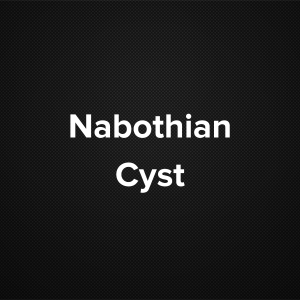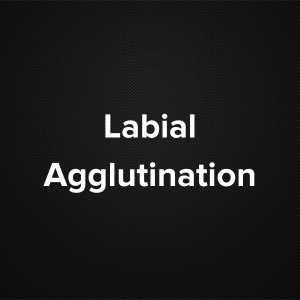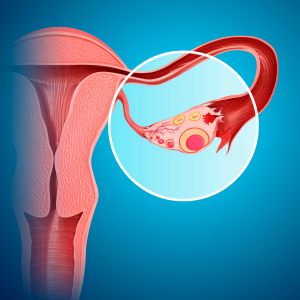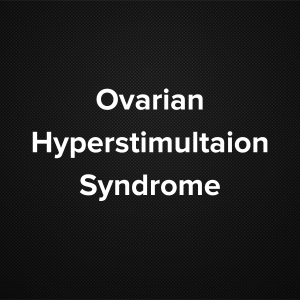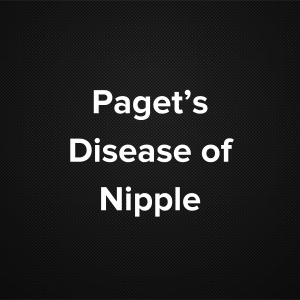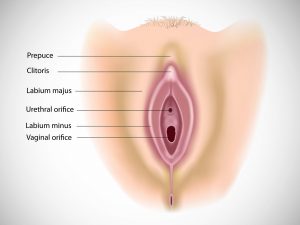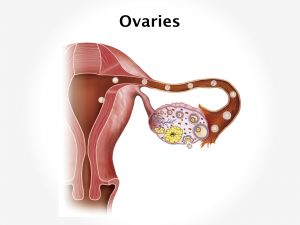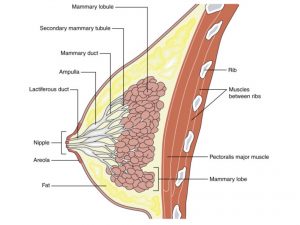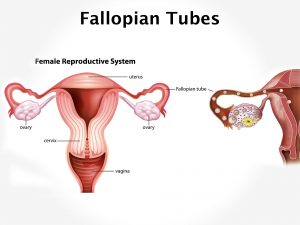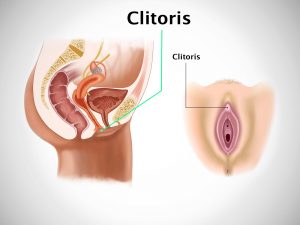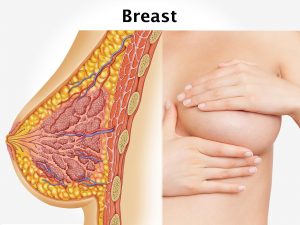Causes and risk factors
Medications like HCG which are used for stimulating the ovaries for production of egg or maturation of egg can have a side effects it can cause excessive stimulation of the ovaries. It is more commonly seen during in vitro fertilization or during intrauterine insemination. Use of fertility drugs during egg donation can also lead to ovarian hyperstimulation syndrome; however the symptoms are often mild. Young women whose age is less than 35 years are at high risk for developing OHHS. A previous history of OHHS and polycystic ovarian syndrome posse’s high risk for developing ovarian hyperstimulation syndrome.
Clinical presentation
Ovarian hyperstimualtion syndrome can be divided into 3 types mild, moderate and severe. The symptoms vary as per the severity. They are usually seen 4-5 days after the egg has harvested. There occurs imbalance in estrogen and progesterone in blood which leads to fluid and electrolyte imbalance, dehydration etc.Women may come up with complaints of increase in weight, diarrhea, nausea and abdominal bloating. In moderate cases the abdomen feels tight and bloated; there occurs nausea, vomiting and diarrhoea. The patient complaints of excessive weight gain along with this there is great thirst and the skin feels dry and the patient passes dark color urine. Whereas in severe cases not one the abdomen is bloated but there occurs pain in abdomen. Severe nausea and vomiting and diarrhea occur. The urine output decreases but the urine is dark color. The person finds difficulty in breathing. Complications like kidney diseases, collection of fluids in abdomen and chest, rupture of ovaries and miscarriages in cases of pregnancy can occur.
Investigations:
Ovarian hyperstimultaion syndrome is usually diagnosed on the basis of the symptoms. History of intake of fertility drugs is taken into consideration. The physical examination is carried out by the gynecologist. Ultsonography is the diagnostic tool. Certain other blood tests like urine test, routine blood, Blood sugar levels etc can be advised.
Treatment
The treatment varies as per the severity of symptoms. Usually in mild cases where the symptoms are trivial, the symptoms resolve on its own. In moderate cases the treatment aims at symptomatic relief. Analgesic, anti emetics are advised. In severe cases the patient needs to be hospitalized, IV fluids are administered. Medications like GNRH antagonist are started. Complications which possess a threaten to life needs to corrected surgically.
Other modes of treatment:
Certain other modes of treatment can also be helpful in coping up the symptom. Taking into consideration the symptoms in holistic way, homoeopathy can offer a good aid for the relief of the symptoms. The Ayurvedic system of medicine which uses herbs and synthetic derivates can also be beneficial in combating the complaints.
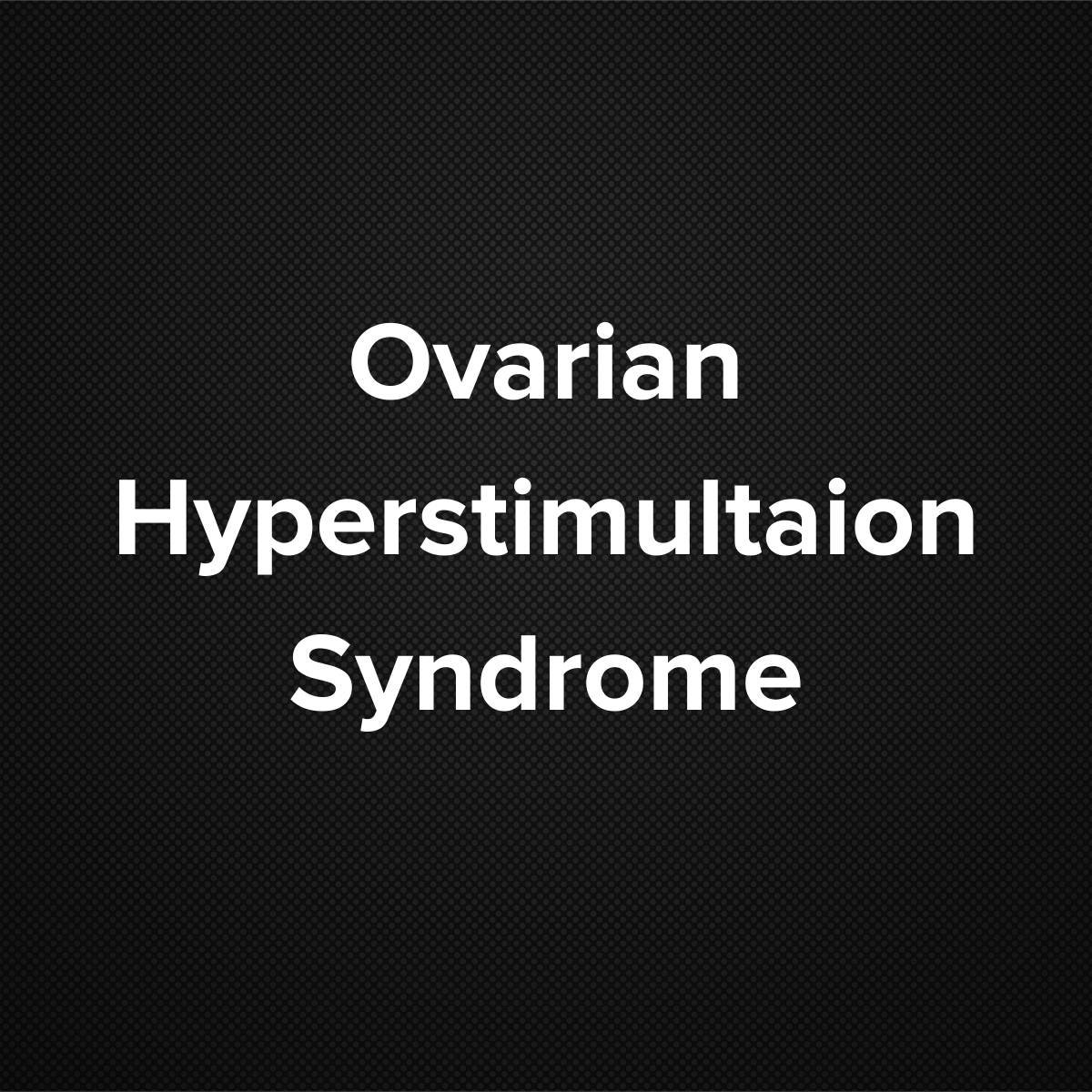
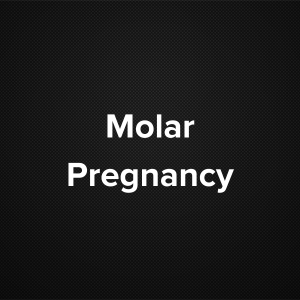

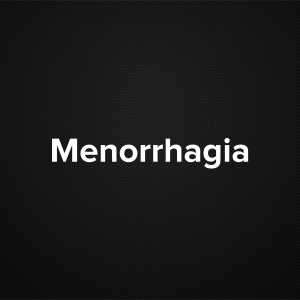
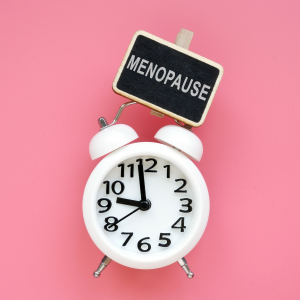
![Lobular Carcinoma In Situ [LCIS]](https://moho.loopshell.com/read/wp-content/uploads/2022/01/Lobular-Carcinoma-In-Situ-Lcis-300x300.png)
